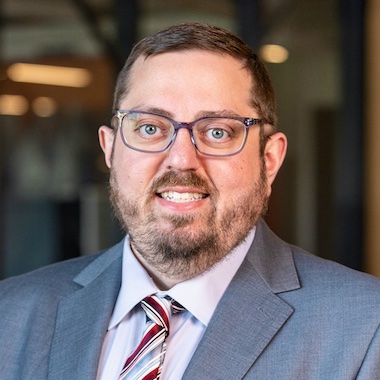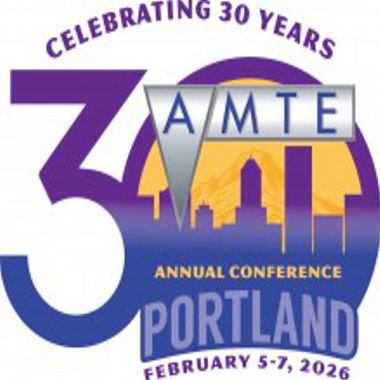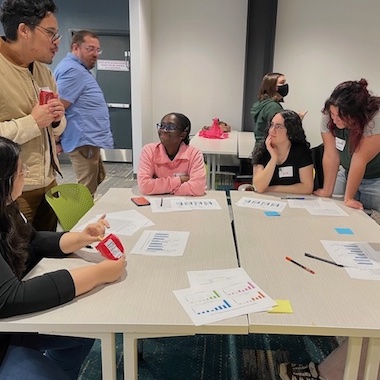PRIME at Summer 2025 Conferences
Many PRIME community members presented at or participated in conferences across the globe this summer of 2025. We invite our readers to peek into the amazing work MSU mathematics education research scholars are undertaking, foregrounding critical justice concerns around disability, curriculum studies, statistical literacy, notions of success/failure in undergraduate mathematics education, and creative playfulness in data literacy.
Conference attendees, workshop facilitators, and paper and poster-presenters this summer from PRIME included Maria Cruciani, Jennifer Green, Miguel Rodriguez Mejia, Kira Morris, Ishan Santra, Matthew Voigt, and Sabrina Zarza.
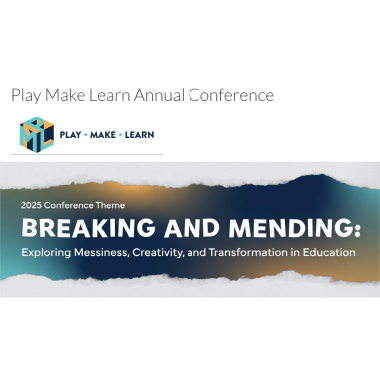 Maria presented at the Play, Make, Learn Annual Conference hosted by University of Wisconsin-Madison this summer, at their Memorial Union. The
conference was held for two days, August 21 and 22. The conference theme this year
was “Breaking and Mending: Exploring Messiness, Creativity, and Transformation in
Education”. Maria’s presented paper titled “Disrupting Whiteness in Data Visualizations:
A Data Feminist Approach to Representing Data with Preservice Teachers”, was co-authored
with another PRIME graduate student Sabrina Zarza. In this, they drew from an intersectional
feminist lens inspired by data feminism to explore how preservice teachers engage
with data feminism through artistic data visualizations, using paint and spectral
gradients to represent data in multidimensional ways. They argued that these artistic
engagements serve as a disruption to the rigidity of conventional data visualization
practices, which often reinforce the perception of numbers as sterile and objective.
Maria happily shared that the conference “reaffirmed the power of playful, creative,
and collaborative approaches to learning by bringing together educators, researchers,
designers, and makers across disciplines, fostering a vibrant community committed
to reimagining education through games, arts, STEAM, and inclusive design.”
Maria presented at the Play, Make, Learn Annual Conference hosted by University of Wisconsin-Madison this summer, at their Memorial Union. The
conference was held for two days, August 21 and 22. The conference theme this year
was “Breaking and Mending: Exploring Messiness, Creativity, and Transformation in
Education”. Maria’s presented paper titled “Disrupting Whiteness in Data Visualizations:
A Data Feminist Approach to Representing Data with Preservice Teachers”, was co-authored
with another PRIME graduate student Sabrina Zarza. In this, they drew from an intersectional
feminist lens inspired by data feminism to explore how preservice teachers engage
with data feminism through artistic data visualizations, using paint and spectral
gradients to represent data in multidimensional ways. They argued that these artistic
engagements serve as a disruption to the rigidity of conventional data visualization
practices, which often reinforce the perception of numbers as sterile and objective.
Maria happily shared that the conference “reaffirmed the power of playful, creative,
and collaborative approaches to learning by bringing together educators, researchers,
designers, and makers across disciplines, fostering a vibrant community committed
to reimagining education through games, arts, STEAM, and inclusive design.”
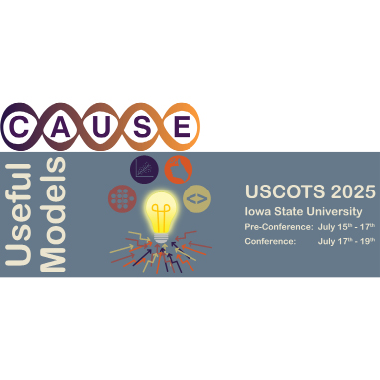
Maria also presented a paper, three posters, and facilitated one workshop with PRIME faculty member Jennifer Green and other co-presenters from different universities at the 2025 U.S. Conference on Teaching Statistics (USCOTS 2025), organized by Consortium for the Advancement of Undergraduate Statistics Education (CAUSE), a national organization whose mission is to support the advancement of undergraduate statistics education. This year’s USCOTS was held at Iowa State University in Ames, IA from July 17th-19th, with pre-conference events starting on July 15, 2025. The theme of the conference this year was “Useful Models”.
In her co-authored paper titled “Teaching Applications: Enhancing Statistics Instruction for Secondary Preservice Teachers”, Maria’s team drew from their NSF funded project’s findings on the perceived and real disconnects between statistical content knowledge that secondary teachers develop during their undergraduate years and the knowledge of teaching mathematics at the secondary level, to allow presentation attendees with statistical tasks that attend to the dual goals of developing pre-service teachers’ understanding of statistics content and practices and an understanding of teaching statistics.
 Maria’s three poster co-presentations were titled “Authentic Data Explorations: Immersive
Statistical Investigations in Real-world Contexts”, “Exploring Statistics Teaching
and Practices in High School Intermediate Algebra”, and “What Does Equitable Teaching
Mean for Statistics Graduate Teaching Assistants”. In the first poster, by integrating
authentic data, Maria’s team placed inquiry-based statistical explorations in meaningful
contexts, enhancing students’ data literacy and analytical skills. The second poster
session included showing hopes and issues with how high school mathematics teachers
across the United States are teaching statistics in Intermediate Algebra. In their
third poster session, the team presented their findings about a conducted study to
explore Statistics GTAs’ conceptions of equitable teaching during professional development
that was embedded in GTAs’ instructor and mentoring meetings.
Maria’s three poster co-presentations were titled “Authentic Data Explorations: Immersive
Statistical Investigations in Real-world Contexts”, “Exploring Statistics Teaching
and Practices in High School Intermediate Algebra”, and “What Does Equitable Teaching
Mean for Statistics Graduate Teaching Assistants”. In the first poster, by integrating
authentic data, Maria’s team placed inquiry-based statistical explorations in meaningful
contexts, enhancing students’ data literacy and analytical skills. The second poster
session included showing hopes and issues with how high school mathematics teachers
across the United States are teaching statistics in Intermediate Algebra. In their
third poster session, the team presented their findings about a conducted study to
explore Statistics GTAs’ conceptions of equitable teaching during professional development
that was embedded in GTAs’ instructor and mentoring meetings.
Maria’s co-facilitation of a workshop titled “Modules to Support Statistics Instructors in Teaching Equitably with Authentic Data”, offered a set of modules and facilitation guides to facilitate the professional development of their instructor communities. During the workshop, participants experienced parts of the modules and developed a plan to support their instructor communities using the provided resources.
Maria stressed the importance of actively attending such gatherings of statistics and data science educators, one of the largest in the country, for the sake of becoming a part of a “wonderful and welcoming community”.
 PRIME graduate student Miguel Rodriguez Mejia also attended the USCOTS 2025 conference
with his poster titled “Introducing Critical Statistical Literacy in Pre-service Teacher
Education”. Miguel’s poster explored how preservice teachers' interest in implementing
Critical Statistical Literacy (CSL) in their future practices vary after accessing
CSL and what statistical arguments emerge in the data-modeling process of the preservice
teachers when they get access to CSL. Miguel reiterated that “it was a great opportunity
to connect with people doing statistics education in the US”. He particularly liked
the demonstration sessions where participants had time to interact with resources
for teaching and learning statistics. The workshops addressing different trends in
teaching statistics, like using sports analytics including equity and diversity, also
stood out to him as being really useful for his own future academic engagements.
PRIME graduate student Miguel Rodriguez Mejia also attended the USCOTS 2025 conference
with his poster titled “Introducing Critical Statistical Literacy in Pre-service Teacher
Education”. Miguel’s poster explored how preservice teachers' interest in implementing
Critical Statistical Literacy (CSL) in their future practices vary after accessing
CSL and what statistical arguments emerge in the data-modeling process of the preservice
teachers when they get access to CSL. Miguel reiterated that “it was a great opportunity
to connect with people doing statistics education in the US”. He particularly liked
the demonstration sessions where participants had time to interact with resources
for teaching and learning statistics. The workshops addressing different trends in
teaching statistics, like using sports analytics including equity and diversity, also
stood out to him as being really useful for his own future academic engagements.
Kira Morris, a PRIME graduate student, attended the 24th International Congress on the Education of the Deaf (ICED 2025), held in Rome, Italy this year, July 7-11, 2025. In the conference, she took part in workshops and had the honor of signing the joint declaration from the World Federation of the Deaf (WFD), European Union of the Deaf (EUD), and the National Association of the Deaf in Italy (ENS).
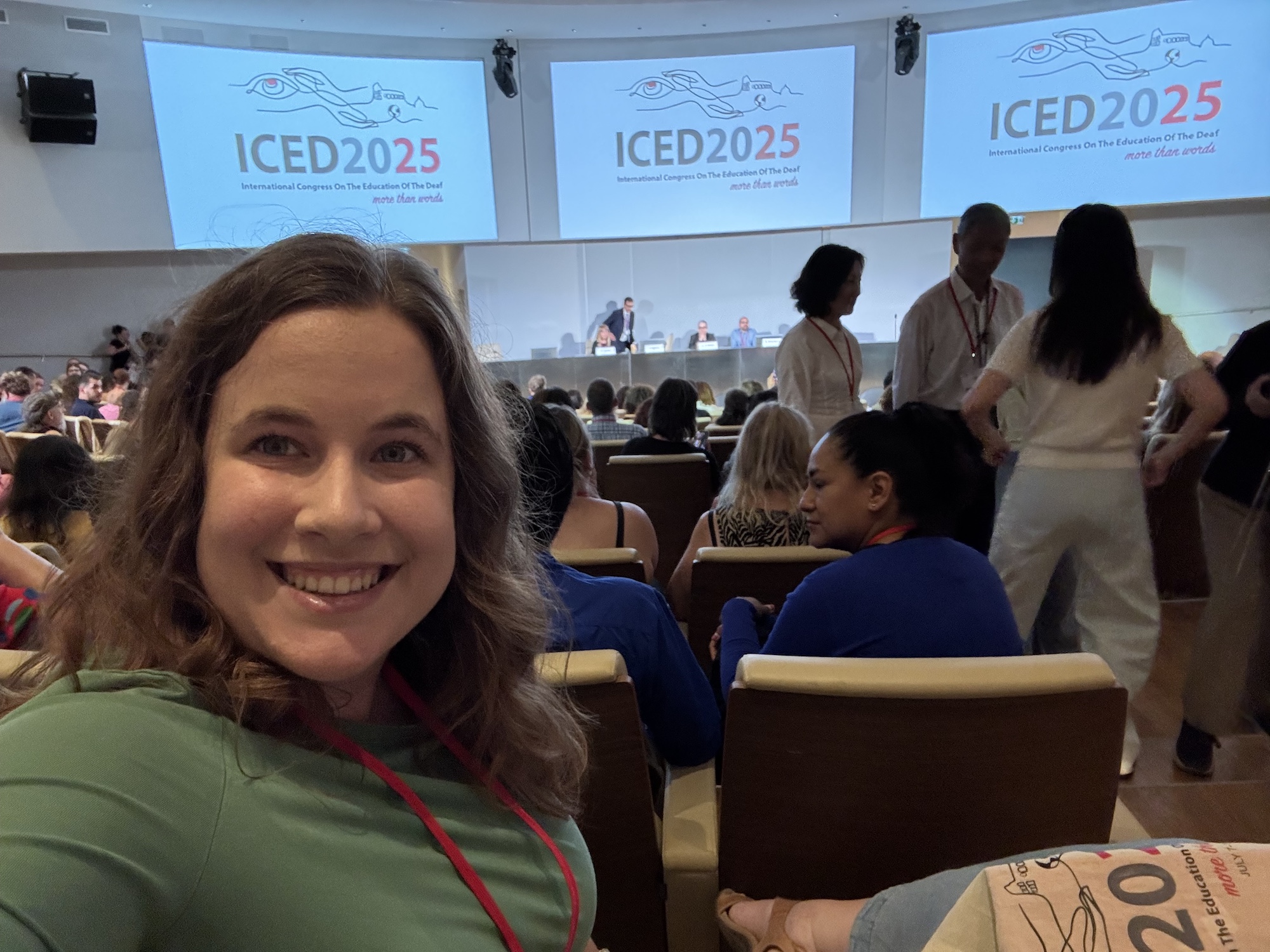
Kira, at the ICED 2025 conference in Rome, Italy
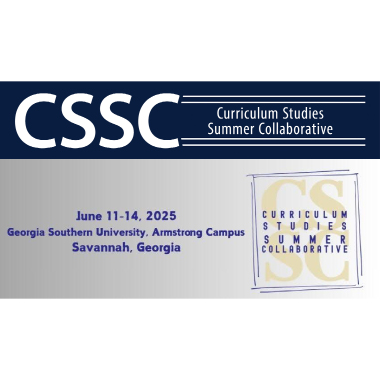 Another PRIME graduate student Ishan Santra presented his paper titled “Adivasi Resistance as Curricular Resistance: A Case from an indigenous land in India” in Curriculum Studies Summer Collaborative 2025 (CSSC 2025), hosted by Georgia Southern University at Savannah, GA, from June 11 - 14, 2025.
CSSC was developed in 2010 to promote dialogue and co-operative action among established
and emerging curriculum scholars, including graduate students and to that end, their
2025 summer collaborative was the first one of its kind organized primarily by graduate
students with the theme “Curriculum, Interrupted”. Drawing from curricular history
in India and globally, Ishan presented snippets from his ongoing study conceptualizing
indigenous Adivasi community resistance in terms of curricular resistance, connecting
it to the curriculum studies scholar William Pinar’s idea of curricular ‘talk backs’.
At a time when there are debates around the viability of curriculum studies as a discipline,
Ishan found engaging with mathematics education research from the perspective of the
said discipline valuable in framing future educational activism in India.
Another PRIME graduate student Ishan Santra presented his paper titled “Adivasi Resistance as Curricular Resistance: A Case from an indigenous land in India” in Curriculum Studies Summer Collaborative 2025 (CSSC 2025), hosted by Georgia Southern University at Savannah, GA, from June 11 - 14, 2025.
CSSC was developed in 2010 to promote dialogue and co-operative action among established
and emerging curriculum scholars, including graduate students and to that end, their
2025 summer collaborative was the first one of its kind organized primarily by graduate
students with the theme “Curriculum, Interrupted”. Drawing from curricular history
in India and globally, Ishan presented snippets from his ongoing study conceptualizing
indigenous Adivasi community resistance in terms of curricular resistance, connecting
it to the curriculum studies scholar William Pinar’s idea of curricular ‘talk backs’.
At a time when there are debates around the viability of curriculum studies as a discipline,
Ishan found engaging with mathematics education research from the perspective of the
said discipline valuable in framing future educational activism in India.
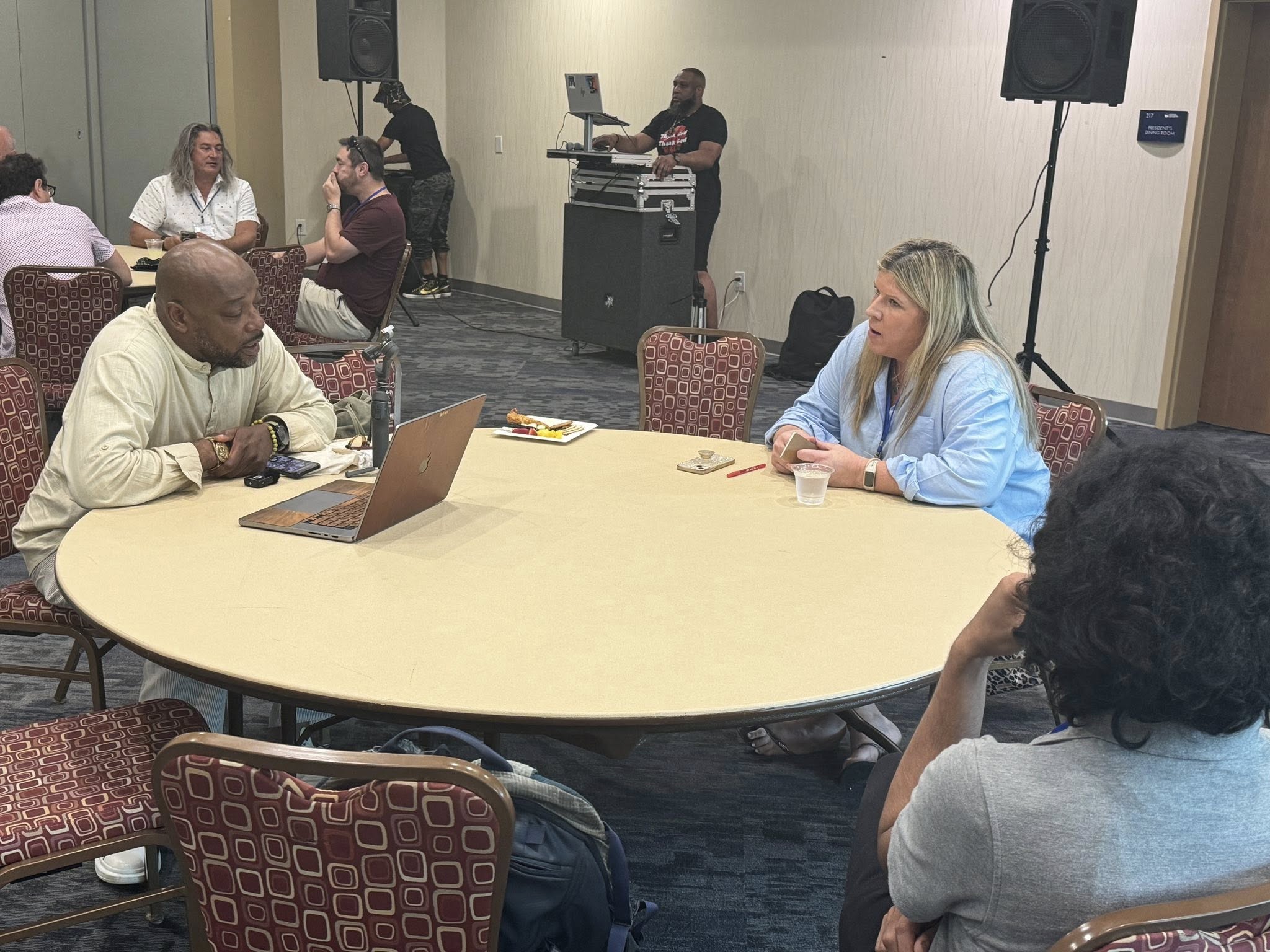
Ishan at a roundtable in CSSC 2025
The collaborative event with 3 intense days’ engagement helped Ishan, in his own words, “to humbly understand the history, power, and possibilities of mathematics curriculum in a country like India where authoritarian regimes and sharply increasing social as well as economic inequalities are making every mathematics education enthusiast and activist grapple hard”.
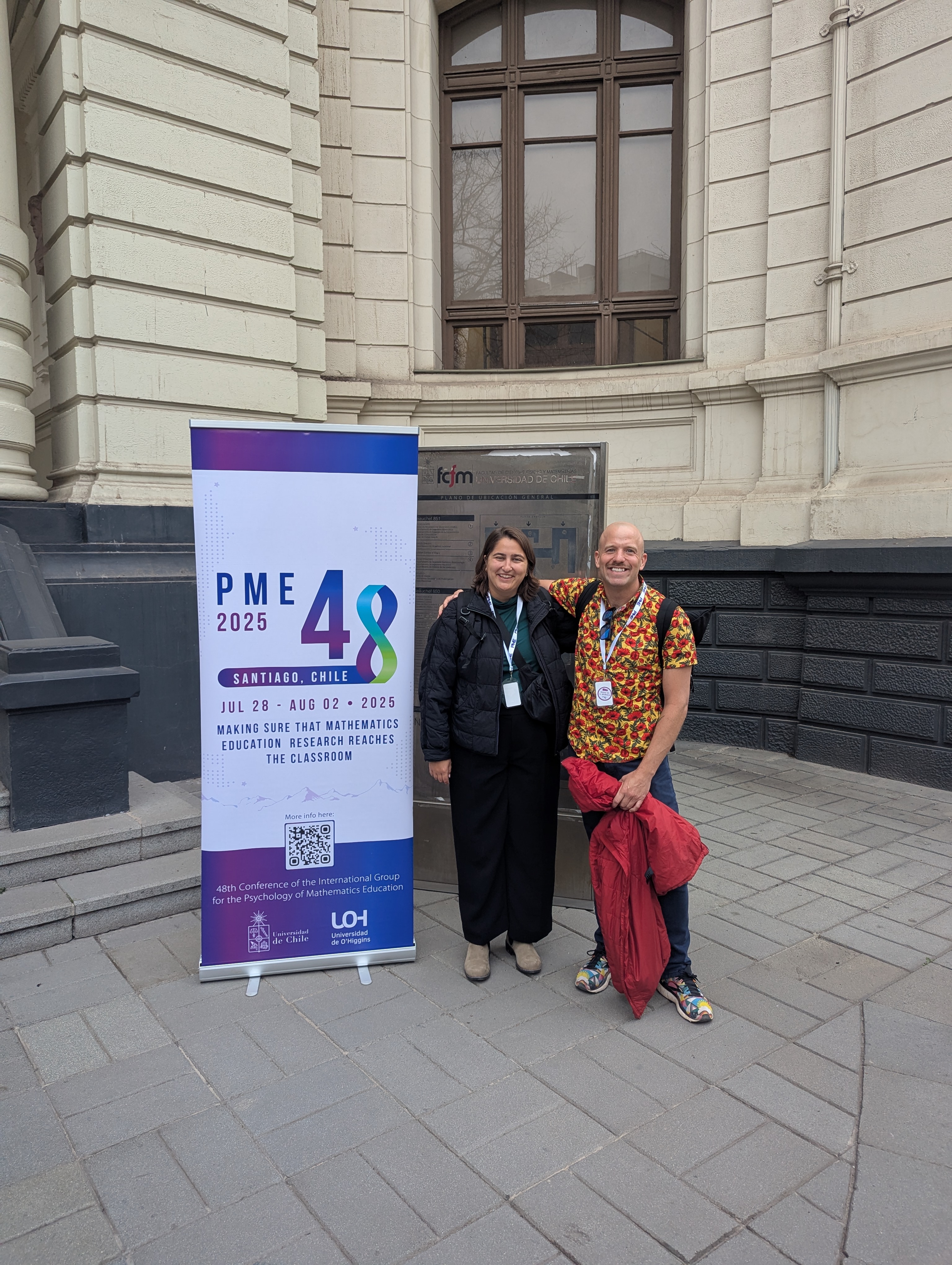 PRIME faculty member Matthew Voigt attended the 48th Conference of the International
Group for the Psychology of Mathematics Education (PME 48), hosted by The Center of Mathematical Modeling (CMM) located at the Faculty of Physical
and Mathematical Sciences, and the Center for Advanced Research in Education (CIAE),
both from University of Chile, with organizing support from the Institute of Educational
Sciences (ICEd) of University of O’Higgins, at Santiago, Chile. The conference ran
from July 28 to August 2, 2025. This year’s theme for the conference was “Making sure
that mathematics education research reaches the classroom”. In his paper titled “Redefining
Success: Unveiling the Hidden Capital of Norwegian First-Generation College Students”,
Matt used Community Cultural Wealth (CCW) framework to explore the forms of capital
Norwegian first-generation college students identify as salient to their academic
success, highlighting two additional forms of capital, vocational and age-earned capital
to show how prior vocational experiences and the maturity gained from age contribute
to student persistence and success in first-year mathematics courses. The conference,
in Matt’s own words, “helped reframe for me the need for supportive and productive
engagement with conference presenters, especially early-career graduate students”.
PRIME faculty member Matthew Voigt attended the 48th Conference of the International
Group for the Psychology of Mathematics Education (PME 48), hosted by The Center of Mathematical Modeling (CMM) located at the Faculty of Physical
and Mathematical Sciences, and the Center for Advanced Research in Education (CIAE),
both from University of Chile, with organizing support from the Institute of Educational
Sciences (ICEd) of University of O’Higgins, at Santiago, Chile. The conference ran
from July 28 to August 2, 2025. This year’s theme for the conference was “Making sure
that mathematics education research reaches the classroom”. In his paper titled “Redefining
Success: Unveiling the Hidden Capital of Norwegian First-Generation College Students”,
Matt used Community Cultural Wealth (CCW) framework to explore the forms of capital
Norwegian first-generation college students identify as salient to their academic
success, highlighting two additional forms of capital, vocational and age-earned capital
to show how prior vocational experiences and the maturity gained from age contribute
to student persistence and success in first-year mathematics courses. The conference,
in Matt’s own words, “helped reframe for me the need for supportive and productive
engagement with conference presenters, especially early-career graduate students”.
We are extremely happy and proud sharing our PRIME community members’ multifaceted mathematics education research endeavors in the US and the global contexts. We wish successful continuation of our research community’s valuable work now and in the upcoming months.
